
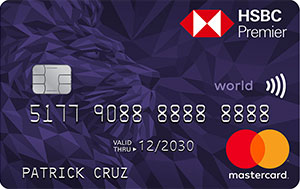

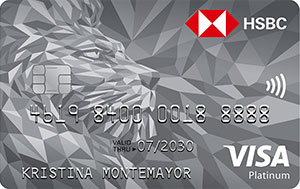

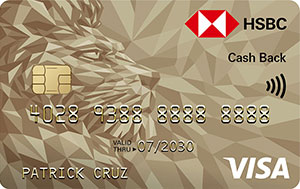

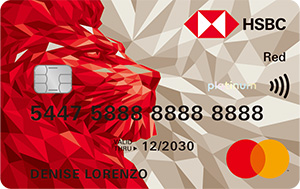

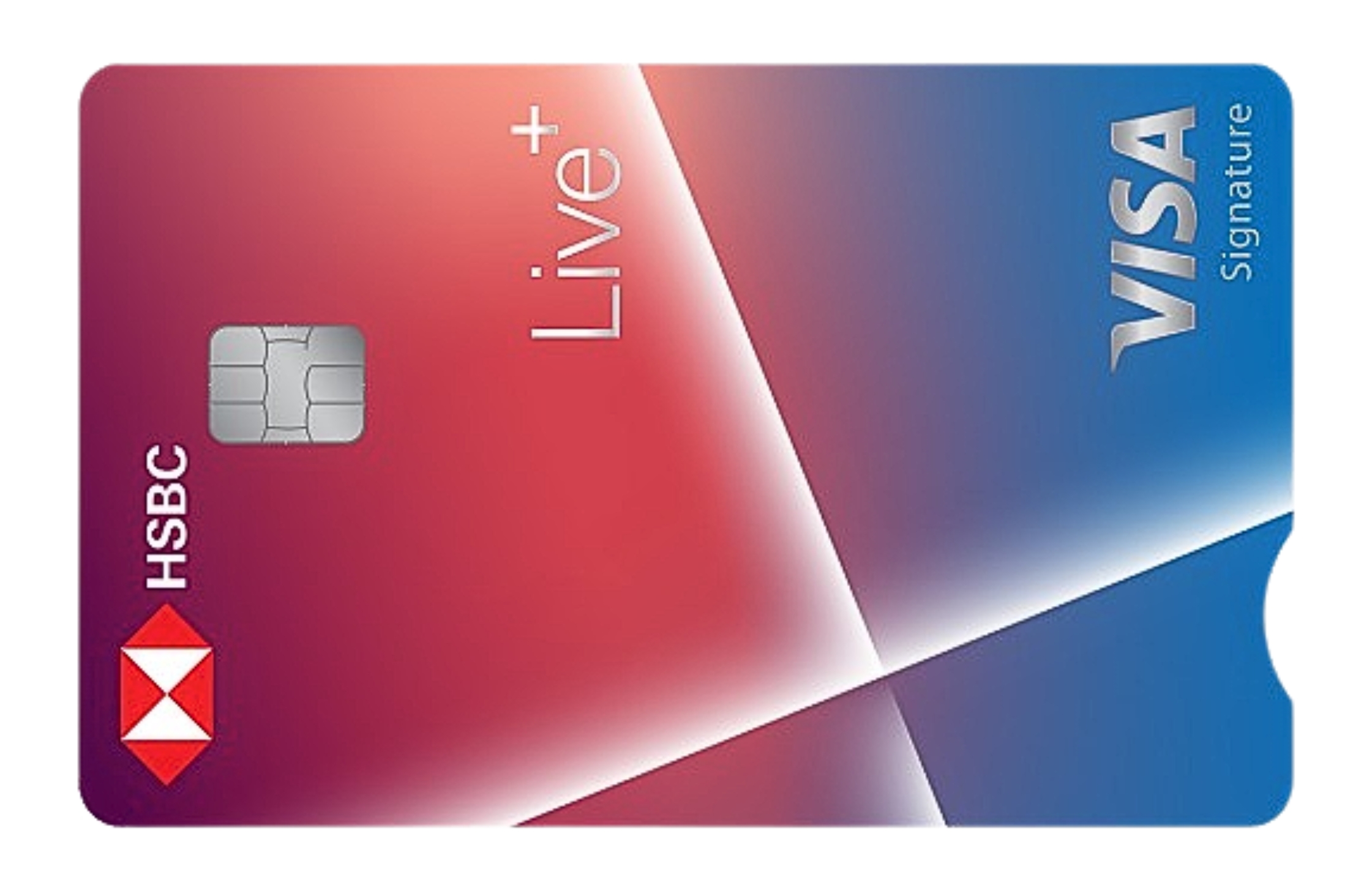
Cashback perks:
Exclusive privileges:
Ideal for: Frequent diners, lifestyle shoppers, and those who want consistent cashback rewards.

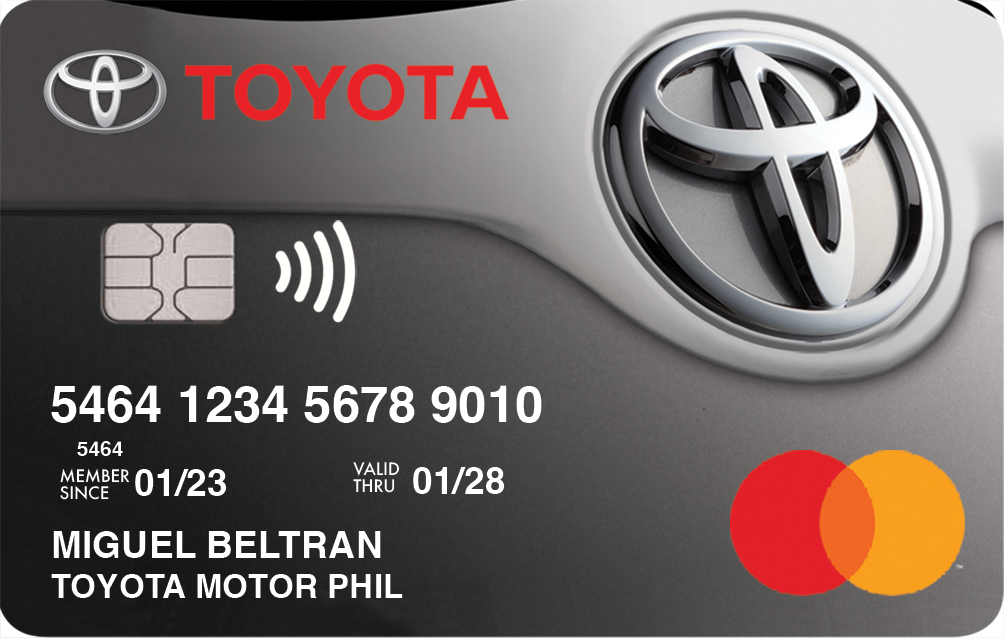

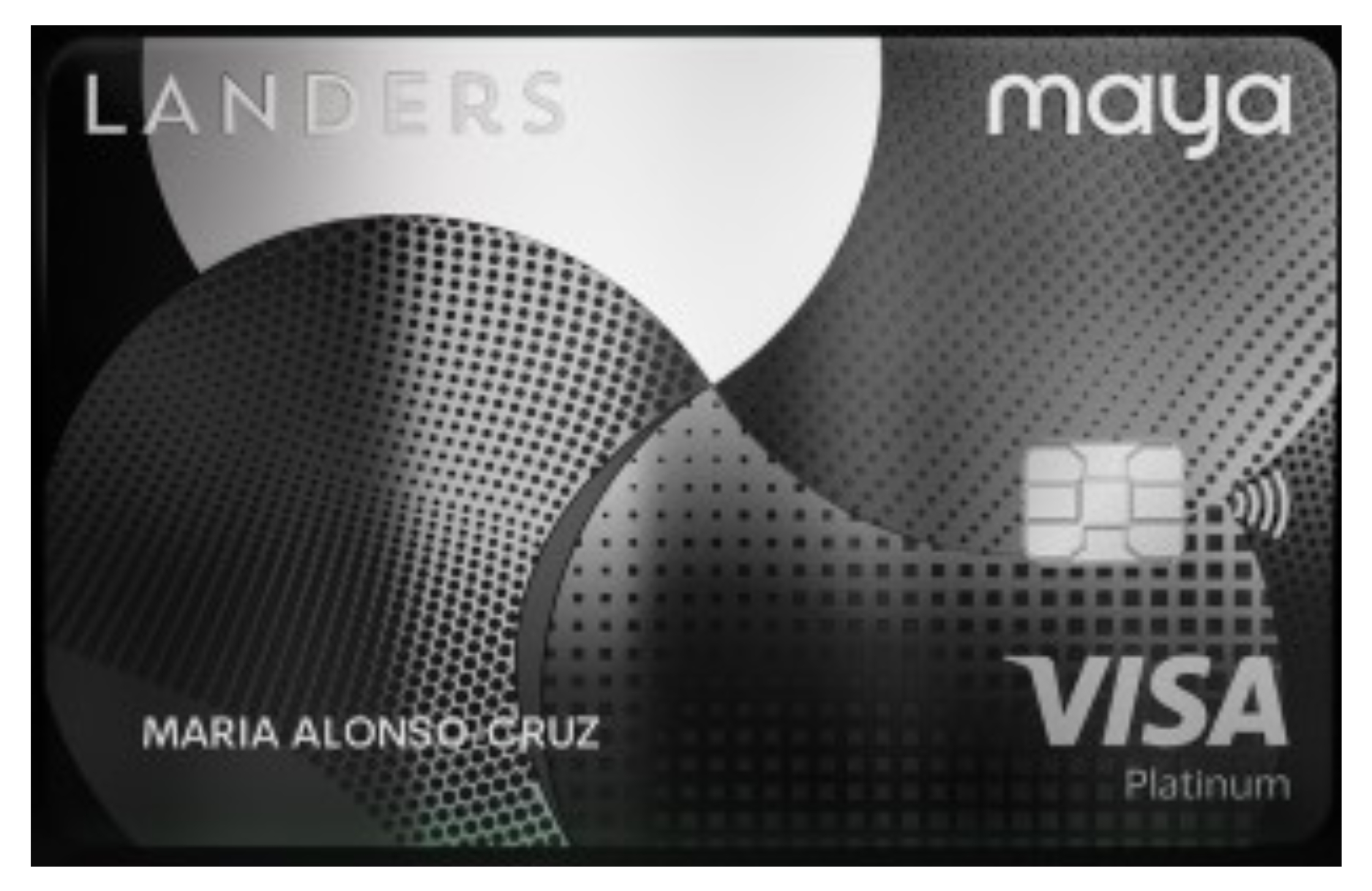

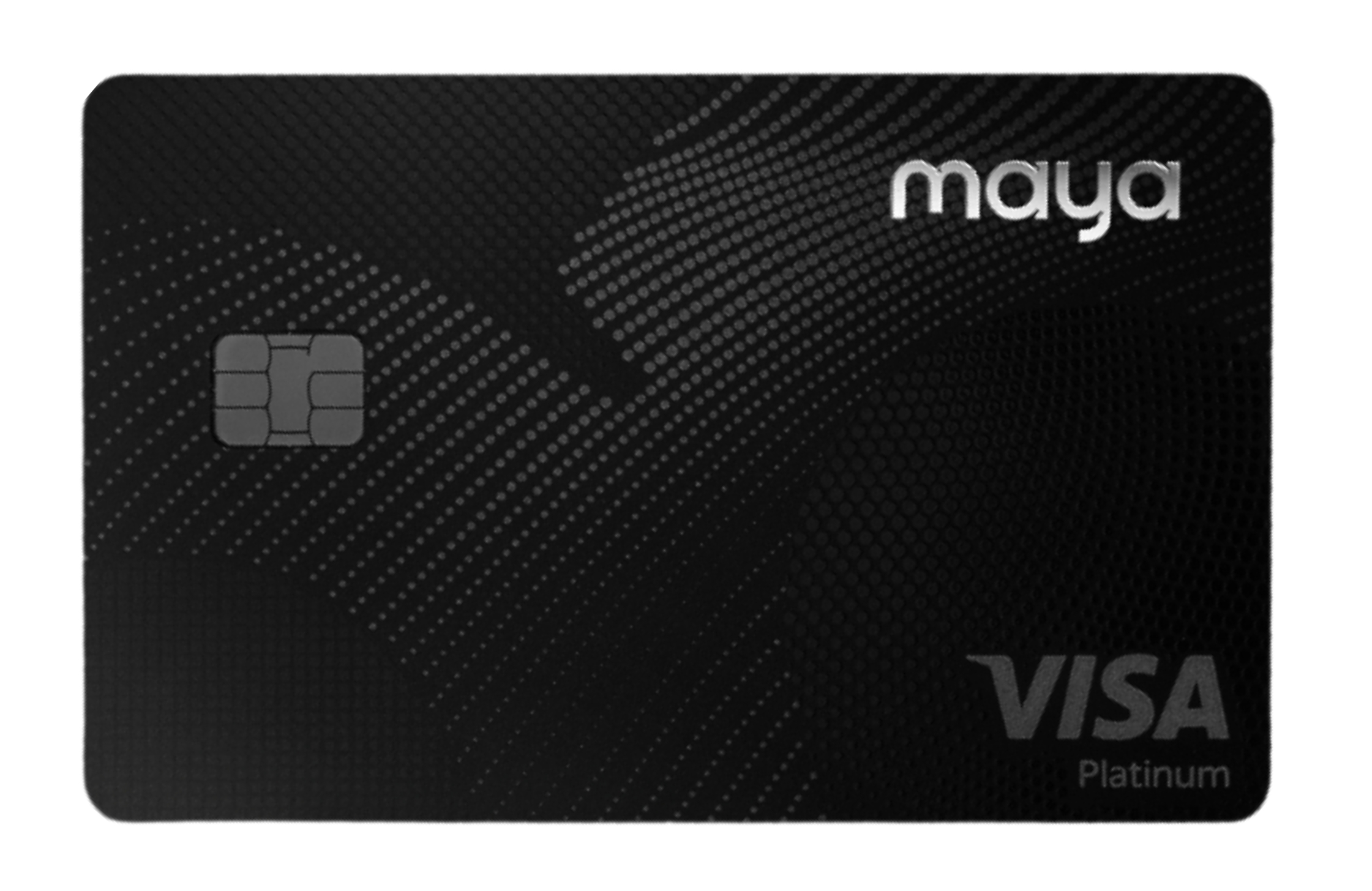

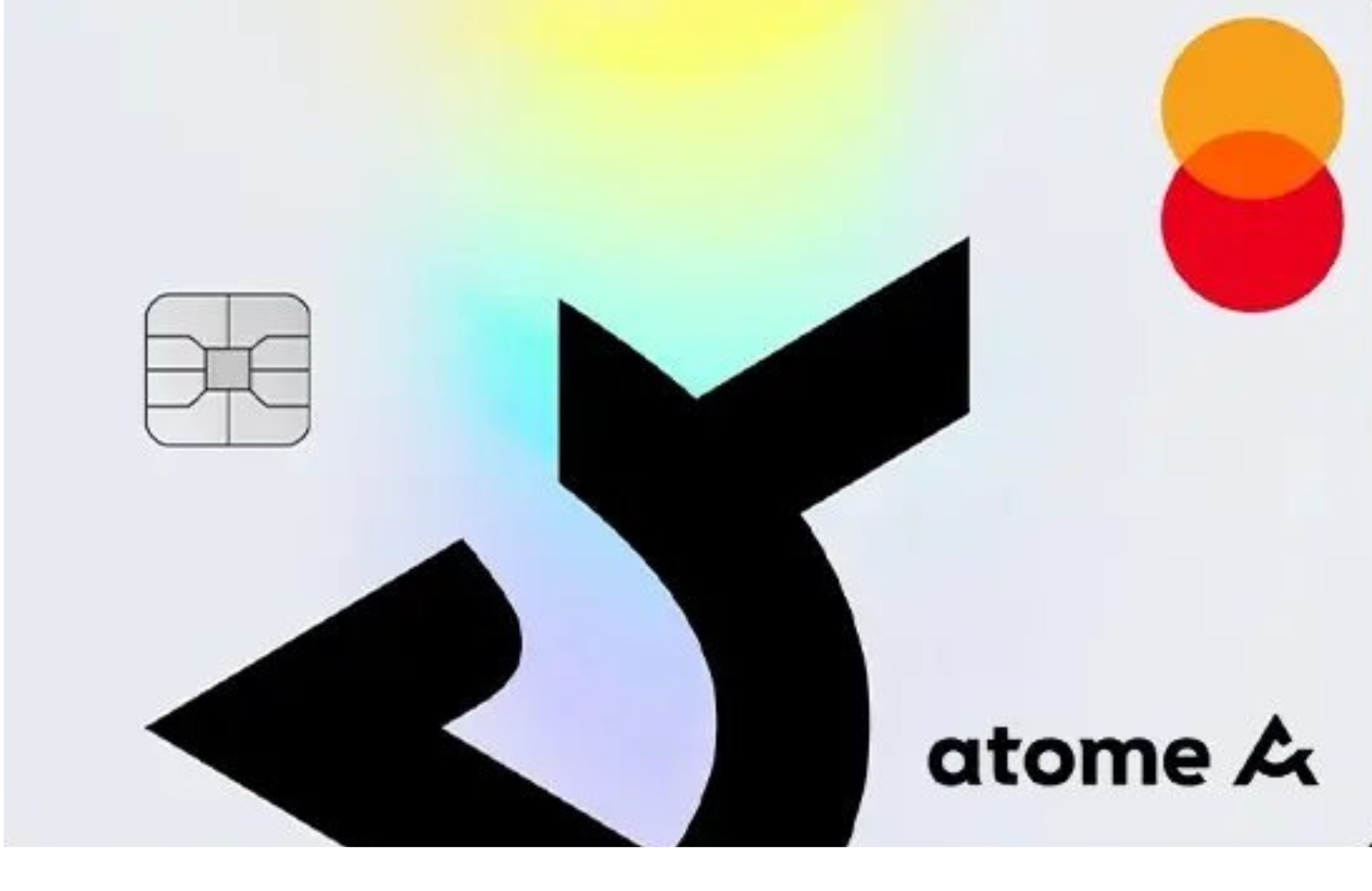











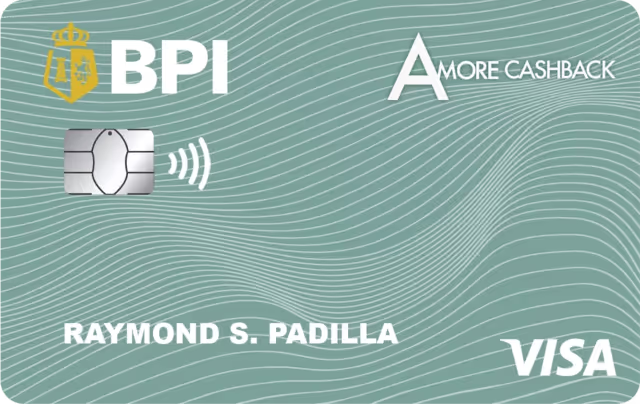




































Please try choosing another

Credit cards offer adults the convenience of cashless transactions, enhanced security, and attractive perks. While debit cards remain more popular in the Philippines, credit card usage continues to grow. With regards to finding the best credit card, the Philippines right now has a lot to offer, as a result choosing the right card can be challenging. This guide covers the types of credit cards, how they work, payment calculations, key application requirements, and a comparison of loans versus credit cards. It also highlights banks that simplify the application process, helping both first-time applicants and those seeking better options make informed decisions.
Getting a credit card can be a straightforward process if you follow these steps:
Remember, responsible credit card usage includes paying your balance on time and staying within your credit limit to maintain a healthy credit score.
Different credit card kinds in the Philippines serve a range of lifestyles and financial requirements. Here is a list of credit card types you can own:
Conventional credit cards
Simple cards with basic features including flexible payment arrangements and cashless transactions.
Rewards Credit Card
With each purchase, earn points that may be exchanged for savings, gifts, or vacation benefits.
Cashback Credit Card
Give back a portion of your purchases as a refund; this is best for regular expenses.
Travel Credit Cards
Designed with travelers in mind, providing access to airport lounges, travel insurance, and airline points. A good example of this is the Cebu Pacific Platinum credit card.
Secured Credit Cards
Are ideal for people who are repairing their credit or have no credit history, but they do require a security deposit.
Credit Cards for Students
Designed specifically for students, with less prerequisites and lower credit limitations.
Business credit cards
Offer benefits like rebates on travel or office supplies, as well as assistance for controlling business costs.
Premium credit cards (Gold, Platinum, and Elite)
Provide special benefits such increased credit limits, concierge services, and entry to VIP lounges like the Eastwest Platinum Mastercard lounge access. Cards like the Amore Platinum also offer similar benefits.
Co-Branded Credit Cards
Partnered with particular businesses or brands, providing benefits and discounts to those partners. An example of this would be the RCBC JCB Classic or the RCBC Gold JCB credit card.
Selecting the appropriate card relies on your spending patterns and objectives because each type caters to distinct needs.
Credit cards play a pivotal role in the modern shopping area, whether it's online shopping or brick-and-mortar stores. Let's find out how credit cards work in the Philippines, demystifying the intricacies of this financial tool!
In-store transactions
Credit cards can replace cash when purchasing in-store. Many card issuers now work with merchants to provide card swipe machines, making shopping easier. Select your payment method and the cashier will swipe your credit card, input the amount, and complete the payment.
Credit cards are preferred over cash for in-store purchases. Many card issuers now cooperate with businesses to streamline shopping. They have checkout swiping devices, making shopping easy. Select your payment method and the cashier will swipe your credit card, input the amount, and complete the payment.
Online shopping
Similar to purchasing at a brick-and-mortar store by presenting your payment method, when shopping online or on e-commerce platforms, users can set up their payment using a credit card. Once you've picked out your desired item, all you need is to go to the payment step and choose to pay by credit card.
Post-purchase convenience
This is a very popular feature of credit cards: installment conversion. When a transaction meets the requirements, users can directly convert that transaction into installments with 0% interest for a term of 3 to 12 months. This form is suitable when you do not have enough financial resources to pay all the payments at once and divide the amount to pay over several months.
One widely acclaimed feature of credit cards is the installment conversion option. When a transaction aligns with the specified criteria, users can directly convert that transaction into installments with 0% interest for a term of 3 to 12 months. This is an ideal choice when you do not have enough financial resources to pay all the payments at once, allowing you to comfortably distribute the cost over several manageable months.
Borrowing money or using a credit card both entail borrowing funds from a financial institution to cover your expenses. When faced with the choice between borrowing money and wielding a credit card, it's essential to note the pros and cons of these financial avenues and conduct a thorough comparison before making your financial decision!
Advantages:
Diverse types of cards: Credit cards present many options for consumers, ranging from cashback and reward credit card to co-branded credit card cards, along with the option to explore additional card offerings.
Enjoy a 25-day interest-free window: Currently, most credit cards apply an interest-free policy up to 25 days, offering card holders the freedom to make purchases within this timeframe without the looming concern of interest accrual.
Many accompanying benefits: Cash back rewards, no annual fee for the first year, incentives for accumulating air miles, discounts when shopping, and even the prospect of card upgrades for travel flying are the benefits users enjoy when using credit cards.
Disadvantages
Higher interest rates: Credit cards often have higher interest rates than personal loans. If you don't pay your entire monthly balance, you will have to pay high interest rates on the remaining amount. If you don't manage debt carefully, it can lead to debt accumulating.
Costs and expenses: Credit cards can come with a variety of fees, including annual fees, overage fees, and fees related to international transactions. Failing to handle these costs can create financial pressure if not managed carefully.
Advantages
Streamlined application process: To apply for personal loan in the Philippines, borrowers only need to meet some basic requirements, in terms of age criteria, income requirements, Government-issued ID, residency and a mobile phone number.
No collateral required: Almost all personal loans are unsecured, or, negating the necessity for borrowers to furnish collateral, such as real estate or vehicles.
Fast approval: Many banks and financial institutions in the Philippines offer quick approval processes for personal loans. This can be especially advantageous when borrowers need funds urgently, in terms of medical emergencies or unexpected expenses.
Disadvantages
Lack of flexibility: When you secure a personal loan and receive the lump sum, you cannot borrow more until the loan is paid off.
Interest on the entire amount: With a personal loan, you pay interest on the entire loan amount from the beginning, while with a credit card, you only pay interest on the outstanding balance.
To get a deeper understanding of how credit cards work in the Philippines, let's delve into a practical scenario featuring a credit card with a limit of PHP 100,000. This card has a monthly interest rate of 3.5% and the cardholder must pay a minimum of 5% for outstanding balance each month.
In one month, this cardholder made the following transactions:
Supermarket fee: PHP 7,000
Shopping amount: PHP 4,000
Meals out: PHP 3,500
Travel allowance: PHP 5,000
Total amount incurred during the month: PHP 19,500
Here is how to calculate the minimum amount that this cardholder must pay monthly:
Minimum payment: 5% of PHP 19,500 = PHP 975
Interest charges: (3.5% of PHP 19,500) = PHP 682,5
From there we have the minimum amount to pay (interest included): PHP 975 (minimum payment) + PHP 682.5 (interest charges) = PHP 1,657.5
Take into account that paying only the minimum amount will result in a balance carried forward, causing ongoing interest to accumulate on the remaining amount. To avoid unnecessary interest charges, it's wise counsel to pay the full outstanding balance each month.
When choosing the right credit card provider, the key question most users ask is, "Is the application process straightforward?" In addition to the basic requirements for personal loan applications in the Philippines, such as age, ID, and contact details, many banks also assess employment status, income, and credit history to determine approval. Below are the top banks that offer the best credit card for beginners in the Philippines:
UnionBank: UnionBank is regarded as having a simple credit card application process. Their online application system lets you apply from the convenience of your house, therefore streamlining the procedure. The fundamental criteria include being 18 to 70 years old, having a consistent income, and turning in standard documentation including evidence of address, government-issued ID, and proof of income. UnionBank also provides a range of credit card choices, which helps applicants with varying financial requirements to choose a fit one more easily. A credit card with low interest rates, cashback benefits and such is readily available.
PNB: Applying for a PNB (Philippine National Bank) credit card is easy. PNB provides a streamlined application procedure with few documentation requirements: being 21 years of age or above, having a steady income, and supplying required documentation including a government-issued ID, proof of income (e.g., ITR, payslips), and proof of address. They also offer an online application choice, which lets candidates conveniently send their information from anywhere. Approval, like with any bank, relies on fulfilling eligibility requirements and the bank's view of your financial status.
Security Bank: Credit card applications at Security Bank are simple. They allow applicants to apply online, making it easier to apply from home. You must be 21 years old, have a regular income, and submit basic documentation such as a government-issued ID, proof of income, and proof of address. Many candidates choose Security Bank for its easy credit card application and variety of credit cards.